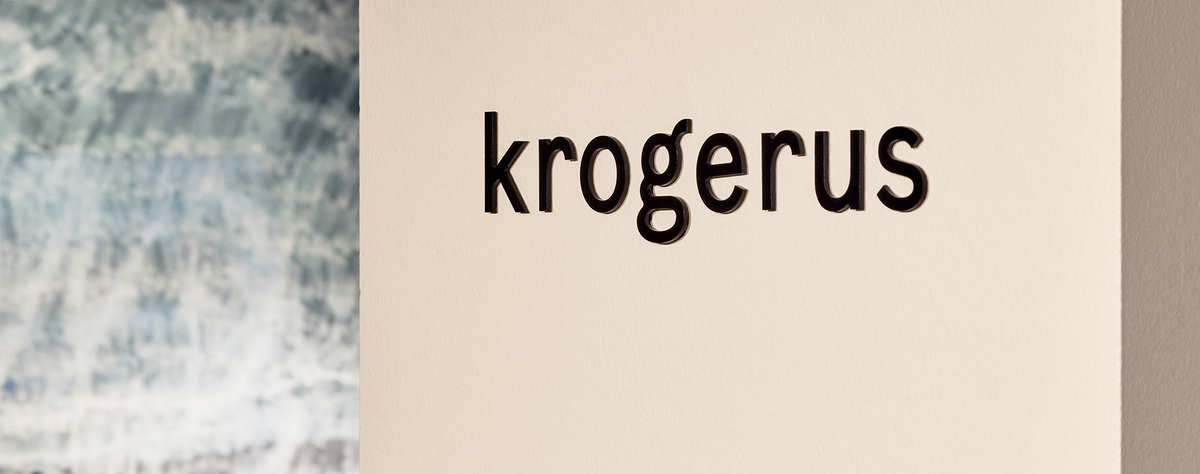
Bridging the value gap or breaking the Internet? – Towards the Directive on Copyright in the Single Digital Market
The process towards a new European Union Directive on Copyright in the Digital Single Market (COM(2016)0593) took a leap forward on Wednesday 12 September 2018, when the European Parliament adopted important amendments to the proposal introduced by the Commission in 2016.
The proposed directive targets the online use of copyrighted material and would impose significant new obligations for digital platforms that share protected content to the public. In addition, the proposal introduces a data mining right and new rights to sport event organisers.
Expanded protection for press publications
With Article 11 of the proposal the Parliament aims to enhance the protection of press publications in digital use. Publishers of press articles would enjoy similar rights of reproduction and communication to the public as authors, performers and producers currently do. The term of protection granted to the press publishers would be five years after publication.
Consequently, information society service providers (such as news aggregation services) that share press publications' articles would have to pay a fair and proportionate compensation for their use in digital platforms. For example the publication of even a fragment of an article and a hyperlink in a news aggregator site would, as a rule, need to be compensated to the publisher. In its proposal the Parliament specified that an appropriate share of this remuneration should be passed on from publishers to the authors of the article.
The Parliament, however, introduced some important limitations to this obligation: Firstly, the protection does not concern legitimate non-commercial and private use by individuals. Secondly, mere hyperlinks to press publications accompanied by individual words would not trigger the obligation to compensate.
Distributing value from online sharing to authors
Likely the most controversial proposal in the directive deals with the use of copyrighted material on online sharing platforms. So far, such platforms (including e.g. YouTube and Facebook) have invoked the so called hosting exemption provided in the e-commerce directive (2000/31/EC) to rebut infringement claims regarding content that they host.
According to the proposed article 13, however, online content sharing service providers that actively stream or store and give access to large amounts of content protected by copyright should no longer be able to benefit from the liability exemption. Instead, according to the proposed article 13, such platforms perform acts of communication to the public and should therefore conclude licensing agreements with the content right holders. Where the right holders do not wish to conclude licensing agreements, online content sharing service providers and right holders shall cooperate in good faith in order to ensure that unauthorised protected works or other subject matter are not available on their services.
In essence, the proposal aims to ensure that online sharing platforms would be obligated to ensure that no unauthorised content is available in their platforms. Dubbed as the 'meme ban' by the critics of the directive, this has evoked a concern that tech giants such as YouTube and Facebook may start removing also lawful material by employing automated filtering to all uploaded content.
The Parliament endeavours to diminish these concerns by expressively stating in Article 13 that the obligation should not lead to the preventing of non-infringing works or content covered by an exception or limitation to copyright. Furthermore, Member States must ensure that online sharing platforms create effective mechanisms to redress complaints about unjustified removals. How this will play out in practice remains to be seen.
Data mining and sports events
The directive includes a specification on the lawfulness of text and data mining of copyrighted content in scientific and educational use. Research organisations that have legally obtained access to copyrighted works, databases or press publications can use text and data mining to create extractions from such content for scientific research purposes. The created extractions must be stored in a secure manner.
An interesting addition to the draft legislation is also provided in Article 12 a of the directive, in which the Parliament proposes that sport event organisers would enjoy a right similar to performers or film producers. In other words, the making available to public of snippets from sport events might be prohibited without the permission of the event organiser of for example an ice hockey game.
The Parliament's proposal serves as a basis for further negotiations
The proposal will now face a round of negotiations held between the Parliament, Commission and Council. The EU institutions will try to settle on the final wording of the directive and the outcome will be put under a new vote in the Parliament presumably in early 2019.
If accepted, the Directive on Copyright in the Single Digital Market must then be implemented by Member States into their national legislation. This process may very well introduce some further tweaks to the field of copyrights in Europe.



